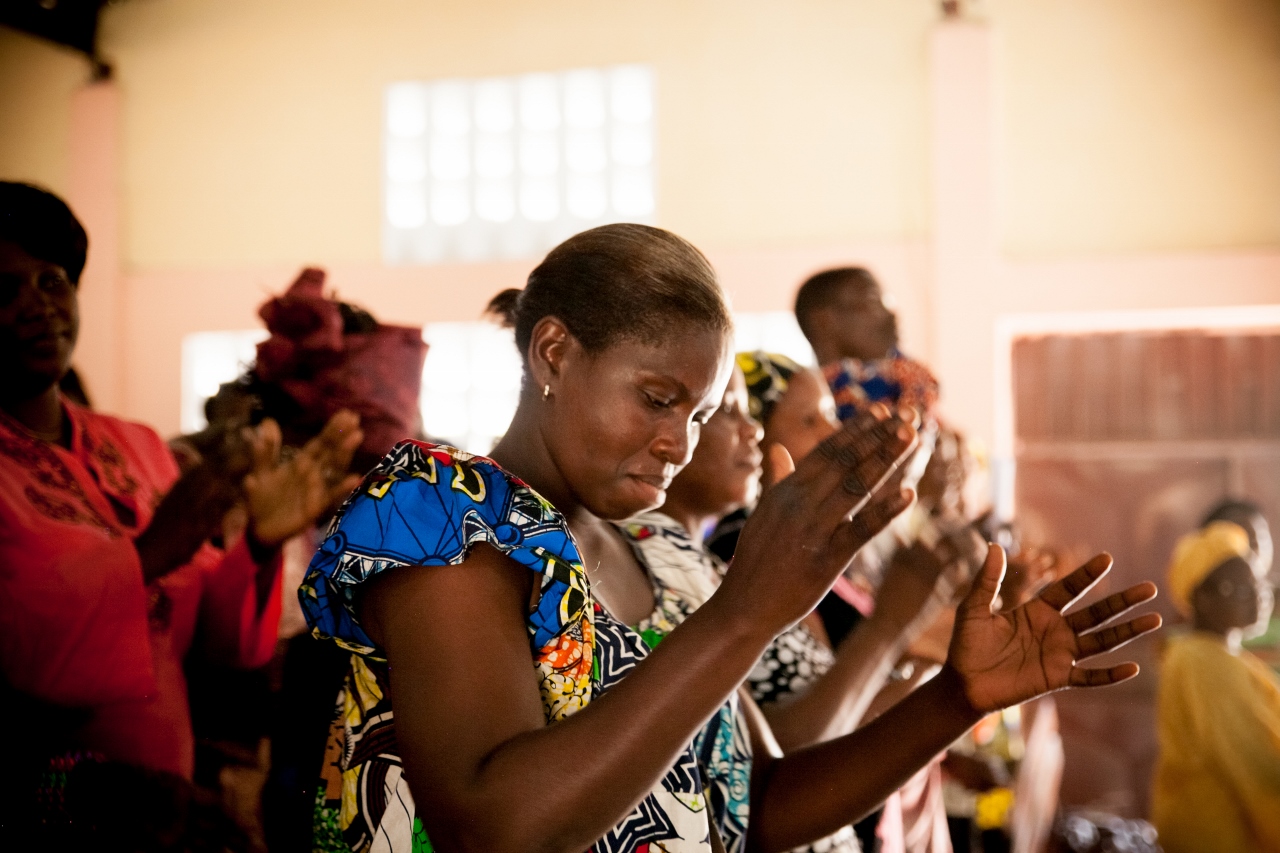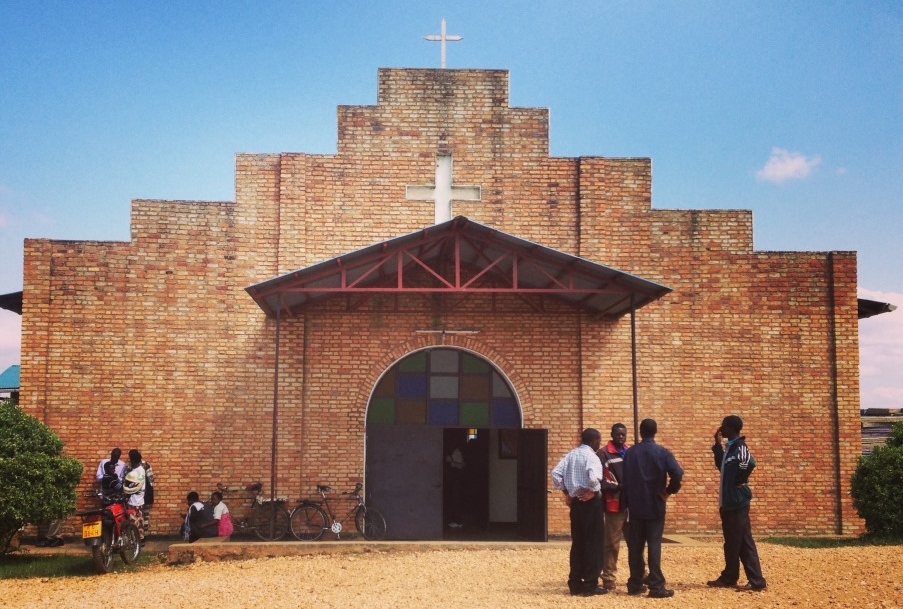Keeping Christ central
A weekly series from HOPE’s director of spiritual integration
My 8-year-old son loves to put things together—Legos, rockets, robots, planes, you name it. Bonus points if the project has the potential to blow up or threaten your family’s physical safety. While danger seems to be its own reward, what he really loves is dreaming about the finished product and following a plan to turn that dream into concrete reality.
At HOPE, our dream is to see the Kingdom of God come in its fullness in some of the most difficult environments in our world. We long to see as many people as possible find their soul’s satisfaction in Christ and become dignified, hope-filled change agents in their families and communities. But how do we practically go about integrating faith with finance?
Discerning the right approach to disciple-making is challenging because Jesus did not prescribe a step-by-step process. But we’ve found that without a model, confusion abounds and intentionality suffers. So we think of models as bones in the body: The bones don’t bring life, but they provide structure for the vital organs that do.
So what is HOPE’s model? In every program:
- We disciple our staff. This happens every week through staff prayer, Bible studies, and life-on-life discipleship. Every day across the globe, our team is seeking God together. Our love for God and conviction that we cannot accomplish our mission without His power fuel our commitment to mutual discipleship.
- We offer discipleship opportunities within our microenterprise services. This includes loan disbursements, repayment meetings, savings group meetings, and trainings. Our approach differs based on the type of service and the country we serve in, but we are unified in our commitment to share truth from the Bible, encourage questions and discussion, and never coerce or incentivize anyone in the process.
- We partner with the local church to make disciples who multiply. We love and affirm the local church wherever we serve, and in faithfulness to Christ’s mandate, we work together to help disciples reach others who will reach others. We regularly invite clients to discipleship meetings with local pastors, HOPE staff, and other clients outside of the regular microenterprise meeting so they can more deeply explore what it means to follow Jesus.
This is our dream: disciples making disciples making disciples. By employing this model, we believe that, even if HOPE were to leave a community, the love of Christ will continue to spread powerfully in that region for generations to come.




















